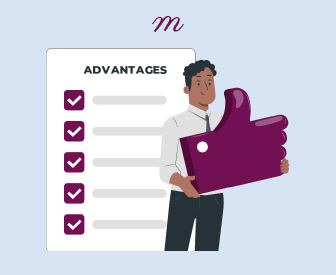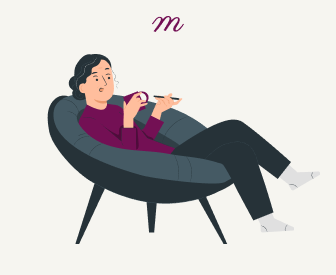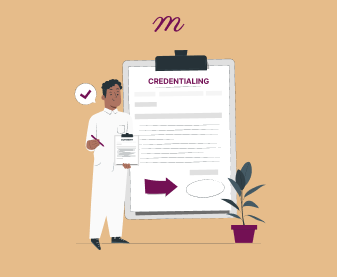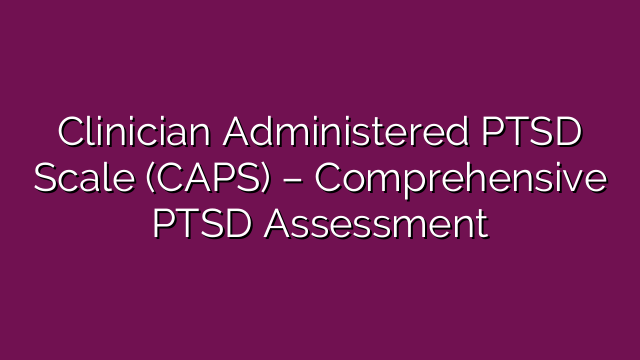Have your progress notes written for you automatically
What’s this sudden “AI” buzz? Artificial Intelligence (AI) isn't new but its recent advancements and growing accessibility have sparked a surge of interest, particularly in the competitive mental health landscape.
Unlike before, AI today isn't just theoretical. With increased processing power, sophisticated algorithms, and vast datasets, AI applications are now practical and demonstrably valuable. This is especially true in mental health, where businesses face the dual challenge of making a positive impact on clients while achieving financial sustainability.
Balancing altruism and profitability is crucial for the long-term success of mental health businesses. But traditional methods, often burdened by time-consuming manual tasks like note-taking, hinder efficiency and limit valuable client interaction. These manual processes can erode profitability and hinder meaningful connections with clients. Burnout is estimated to cost the healthcare system at least $4.6 billion annually, with the greatest burden attributable to turnover, work-hour reductions, and pressure to care for too many patients in too little time and with too few resources.
Healthcare organizations, especially those serving mental health needs, are actively seeking ways to work smarter, not harder. Streamlining workflows, maximizing clinician efficiency, and optimizing resources are not just about profit; they're essential for delivering the best possible care to patients. This is where AI shines.
While some organizations may resist technology, fearing a loss of personal touch or compromised care, it excels in reducing manual tasks, freeing up valuable time for clinicians to focus on what truly matters: building strong client relationships, delivering personalized care, and achieving positive outcomes while making money for the business.
AI-powered automated note-taking solutions like Mentalyc offer a compelling proposition: improved efficiency, reduced costs, and potentially, increased revenue. But is this simply a "cool AI tool" or a genuine investment with measurable ROI? Here are 5 key ways Mentalyc's automated notes boost your practice's bottom line:
- Boosting Revenue Potential: Increased Revenue Per Hour
- Reduced Operational Costs
- Assured Compliance
- Enhanced Client Satisfaction & Engagement
- Improved Employee Satisfaction and Reduced Turnover
- Boosting Revenue Potential:
A recent study found therapists spend an average of 10 minutes per note, meaning a daily commitment of 1.2 hours for just 8 clients. Imagine your practice with 10 clinicians, each seeing 5 clients daily and spending 10 minutes on manual notes per session. That's a whopping 8.3 hours a day and 41.5 hours a week lost to non-billable tasks.
Mentalyc changes the game. Our users spend less than 2 minutes on a note, saving the majority of time through automation while ensuring accuracy and personalization. Mentalyc saves your team 90% on note-writing time. That's a week's worth of notes in just a day! This time savings translates into a massive revenue boost for your practice. Let Mentalyc free your team to spend more time on what matters most – your patients and their well-being.
Data point: A recent Mentalyc user survey revealed that 75% of users noticed that one note was enough to convince them that Mentalyc saves time versus manual note-taking. 31% used the freed-up time to see more clients, expanding their reach, impact and boosting profitability.
>Include calculation from website<
- Slashing Operational Costs:
A recent study found that 2024 medical transcription rates range from $1.10 to $3.25 per minute. This translates to a potential daily cost of $550 to $1625 for 10 clinicians spending 10 minutes per note (if all notes are transcribed). For 100 clinicians, the daily cost could reach $5,500 to $16,250.
Mentalyc eliminates these transcription costs by automating note-taking, saving valuable time and resources. Additionally, Mentalyc reduces the need for error correction, which can cost an estimated $4,000 per year per clinician according to industry estimates. For 10 clinicians, that's $40,000 annually saved on error correction alone. For 100 clinicians, that's $400,000 saved each year.
Data point: 94% of Mentalyc users reported a significant improvement in both practice efficiency and time saved. Additionally, they acknowledged a positive impact on note accuracy, ensuring crucial details are captured and easily accessible.
Assured Compliance: Mitigating Risks and Saving Time
While improved client care and clinician well-being are crucial benefits of Mentalyc, the impact on compliance and financial security should not be overlooked. Here's how:
- Manual note-taking is prone to errors and inconsistencies, which can lead to HIPAA violations. HHS data shows the average HIPAA settlement amount was over $88,000 in 2022.
- Mentalyc ensures consistent, standardized note-taking, minimizing the risk of errors and non-compliance.
Additionally, manual note review for audits can be time-consuming and costly. Mentalyc's built-in audit logs streamline the process, saving valuable staff time and resources.
Enhanced Client Satisfaction & Engagement: Building Loyalty and Referrals
Client engagement and retention are an intricate and critical part of any practice but no-shows are a harsh reality in mental health, with rates potentially reaching 60%. Poor client retention not only frustrates clinicians but also hinders a client's progress and impacts your practice's revenue. So how can AI tackle both client retention and clinician efficiency at its core?
- Mentalyc automates documentation, freeing up valuable minutes for building rapport and understanding client needs. This personalized approach fosters trust and encourages clients to feel "at home" in their therapy sessions, making them more likely to return.
- Mentalyc analyzes trends and patterns across sessions, providing targeted next steps and insightful analysis for each client. This translates to more effective interventions and quicker results, boosting client satisfaction and encouraging them to stay committed to their treatment journey.
Imagine what a 30% reduction in client no-show rates due to improved client engagement can do for your practice. The positive impact doesn't stop there. Enhanced client satisfaction can also lead to increased referrals, further expanding your practice's reach and revenue stream.
Improved Employee Satisfaction and Reduced Turnover
Let’s say your 10-person practice experiences a single clinician leaving due to burnout. Consider the associated costs:
- Recruitment: Advertising, screening, interviewing – an average cost of $4,000.
- Training: Onboarding and training a new clinician takes time and resources, estimated at $3,000.
- Lost productivity: It takes time for a new clinician to reach full productivity, resulting in an estimated $2,000 revenue loss per month during the adjustment period.
Total cost of replacing one clinician: $9,000
Burnt-out clinicians often seek greener pastures. Imagine clinicians reclaiming 56% of their time, as Mentalyc users report. They can now dedicate more time to client care, self-care, and professional development. This can lead to increased job satisfaction and lower turnover, saving you recruitment and training costs.
Remember, these are just the quantifiable benefits. Mentalyc empowers clinicians to focus on building deeper client connections, leading to better outcomes and an enhanced reputation for their practice.
“Mentalyc helps me write more eloquent and concise client notes. It speeds up my note-writing process and makes it feel like less of a burden at the end of each day. Mentaylc is helping me find more time for my family, be more engaged with clients, and reduce the time spent on paperwork.” Saraya Clark, Counselor/Therapist & Social Worker (e.g., LPC, MFT, LCSW, LMSW)
Technology as a Solution, Not a Threat:
While AI offers immense potential, it's understandable that businesses in such a sensitive field might hesitate due to various concerns. Let's address some of the most common anxieties:
1. "Will AI-powered notes replace therapists?"
Absolutely not! Tools like ours complement your expertise, not replace it. It handles tedious tasks like transcription and basic note structure, freeing up valuable time for you to focus on what matters most: building rapport, delivering personalized care, and fostering deeper connections with your clients. Whether you're running a private practice or part of a group practice, choosing the best therapy notes software is a crucial initial step in optimizing your business operations.
2. "Can I trust AI with client data? Is it safe and ethical?"
Phew, this is one of the most asked questions when it comes to AI in mental health. Security and privacy are paramount. Mentalyc adheres to strict HIPAA regulations and employs robust security measures to safeguard client information. Your data remains under your control, and you can access, edit, or delete it at any time. We won’t save anything if you don’t want us to.
3. "Will AI understand the nuances of my client's cases?"
While AI cannot replicate the human touch, it can analyze vast amounts of data to help you identify patterns and trends you might miss. Think of it as an intelligent assistant, providing insights and suggestions to inform your clinical judgment, not dictate it. Sometimes, it can even pinpoint aspects you might overlook, proposing more effective approaches for in-depth clinical assessments, interventions, and follow-up actions.
4. "Is AI affordable for my practice?"
When on the hunt for the ideal tool for your business, prioritizing pricing is key. Strive to secure tools that offer optimal value without straining your budget. Mentalyc offers flexible pricing plans tailored to different practice sizes and needs. Considering the potential ROI in terms of time saved, revenue generated, and improved efficiency, it can be a cost-effective investment in your practice's long-term success.
Imagine the positive impact on your practice culture, team morale, and ultimately, the quality of care you deliver.
Don't just imagine, experience it for yourself. Try it for FREE or Request a Demo of Mentalyc to explore how you can unlock the true potential of your practice and boost your revenue.










